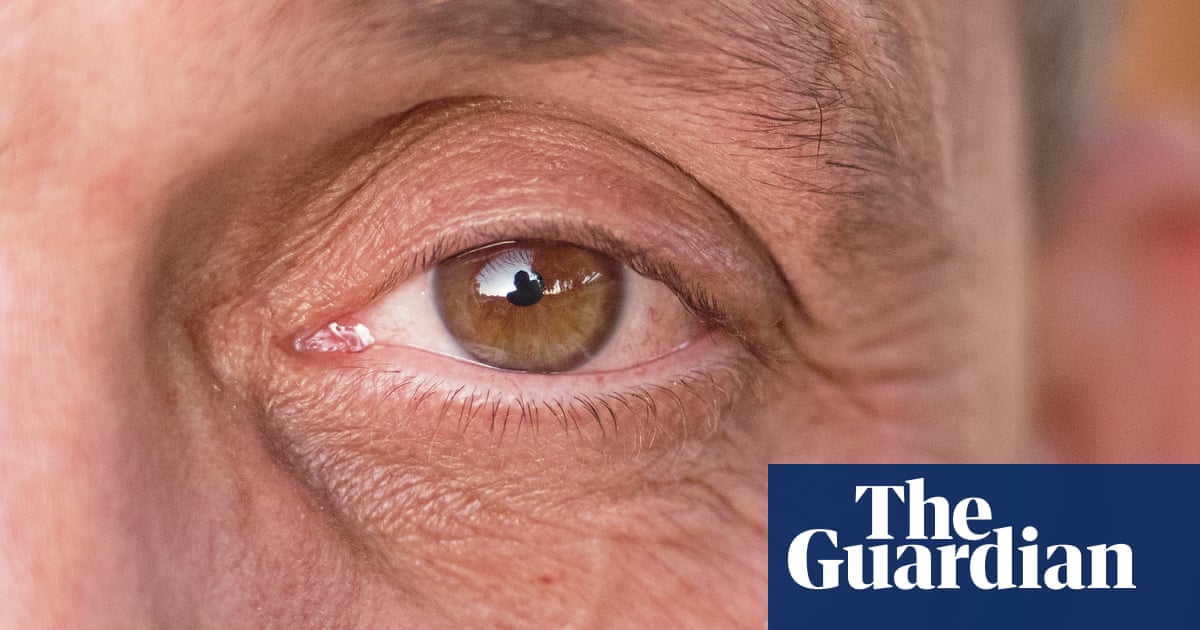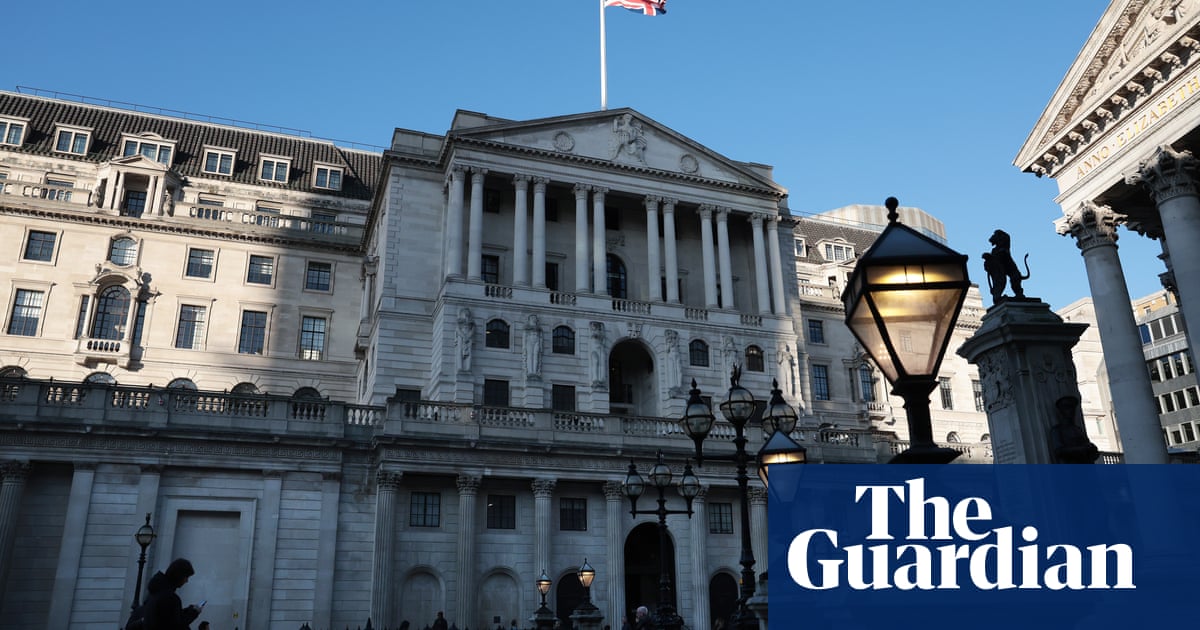Are the middle ages about to end? We all know Magna Cartaset the principle that justice delayed is justice denied. These days, outmoded British judicial systems amount to precisely such a denial of justice, playthings of a legal profession supremely confident of its perfection. No aspect of these systems is more superfluous than juries. There is no conclusive evidence they are more “just” than systems based on judges in the rest of Europe – or in non-jury courts in Britain.
As of September 2024, a record 73,000 trials in England and Wales are, like A&E patients, waiting their turn in a bureaucratic corridor. In March, a trial of a man alleged to have been threatening members of the public with a machete was postponed for three and a half years to 2028. According to a 2023 report by the charity Rape Crisis, on average adult survivors of rape in England and Wales face a wait of 787 days from reporting to case completion in court – with many victims and survivors waiting much longer. They note that the picture has significantly worsened since their report, with the latest available criminal court statistics from the Ministry of Justice revealing that the number of sexual offences waiting to go to the crown court is now 11,981 – a record high and an increase by 41% in two years.
A consequence is that the number of rape victims in England and Wales withdrawing prosecutions before trial has more than doubled in the past five years. Sexual crime has therefore become like shoplifting, in effect de-criminalised. Meanwhile, 20% of people in prison in England and Wales are as yet untried and on remand, a third of them for over six months. This is totally unjust. Nobody cares. Britons love their prisons.
To the present government’s credit, it has asked a retired senior judge, Sir Brian Leveson, to find answers to the delay, and he is due to do so. One expected reform is that Britain should join the rest of Europe and end, or drastically curtail, the jury system. Already only 1% of criminal cases in England and Wales culminate in trial by jury.
We could conclude that we need not bother. But the cost and delay of jury trials are enormous, and assembling 12 jurors (15 in Scotland) and countless officials day after day often results in trials being postponed. I have served as a juror three times and it was the most maddening waste of time and money in public service. None of it was really about justice, more about participating in an archaic legal ritual.
The United States is equally devoted to juries – thanks to its British colonial past. There the result has been twofold. One has been accusations of racial bias and savage punishments, the other is a soaring number of settlements negotiated by prosecutors out of court as defendants aim to avoid the uncertainty of juries. The latter now embraces an astonishing 98% of US criminal cases. Such justice is secret, which raises different issues of personal freedom.
The “right to a jury” is a hangover from a medieval entitlement to judgment by one’s “peers” over the whim of an unelected manorial lord or other authority. Today, a criminal trial tends to depend overwhelmingly on scientific analysis or, in fraud cases, on technicalities of finance. Leaving this to groups of amateur strangers is absurd, their reasons for ever secret. Anyway, if they make a mistake, the judge can overrule them. Last year’s intriguing Channel 4 docudrama The Jury: Murder Trial had two juries emotionally but plausibly debating the same real-life case and reaching different conclusions. It should have led to the death of juries on the spot.
Courtroom drama is undeniably exciting, but inevitably distorting. I can see that to a barrister, it is their professional showcase, a theatre. The Old Bailey is its West End. Like all good drama it has hovering over it the climax of retribution, here in the form of prison. In other civilised countries, where experts administer justice, the purpose of denying the guilty their freedom is their rehabilitation. In Britain it is merely punishment, which is why reoffending is so rife.
The ever increasing criminalisation of public activity merely adds to the problem. Politicians can hardly let a month pass without creating another criminal offence. Hate and offence crimes are current favourites, along with causing “nuisance” and committing strenuous protest. Almost anything done in the driving seat of a car is potentially criminal. Water bosses are apparently now to be imprisoned – I can hear the cheer. As for online crime, the law has barely begun.
Defenders of the jury system are almost exclusively barristers, which unfortunately means a disproportionate number of MPs. They rank with doctors and academics as fierce defenders of their traditional modes of work – more powerful than any trade union. The profession embraces fine people, but their purpose was defunct centuries ago.
Juries are supported by a few middle-class philanthropists who enjoy jury service as a version of “doing good among the poor”. We do not let them dissect bodies in an operating theatre or decide how to design a building. Perhaps a minority of cases may depend on public taste, but that must be truly tiny.
Leveson was a radical – or tried to be – in reforming the press. If he has the guts to do the same to his own profession he will have a tough job with his fellow lawyers. But at least this time he has two potent allies: a system that is clearly collapsing and a chancellor desperate to curb public spending. All strength to his arm.
-
Simon Jenkins is a Guardian columnist

 7 hours ago
9
7 hours ago
9













































